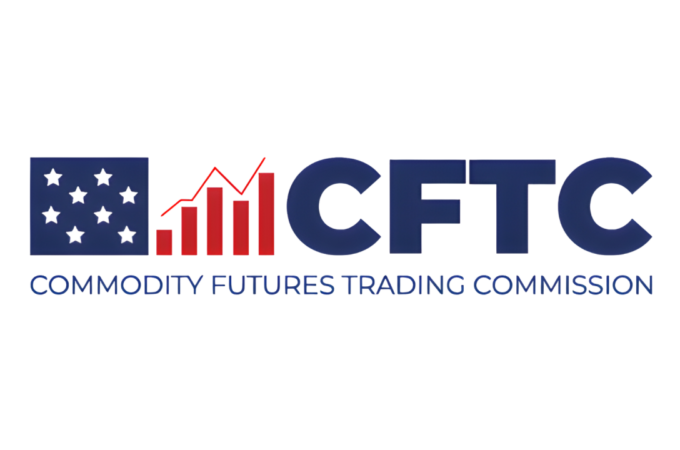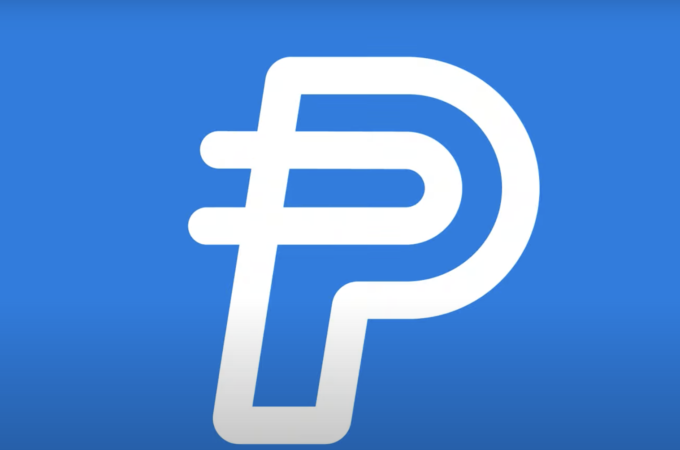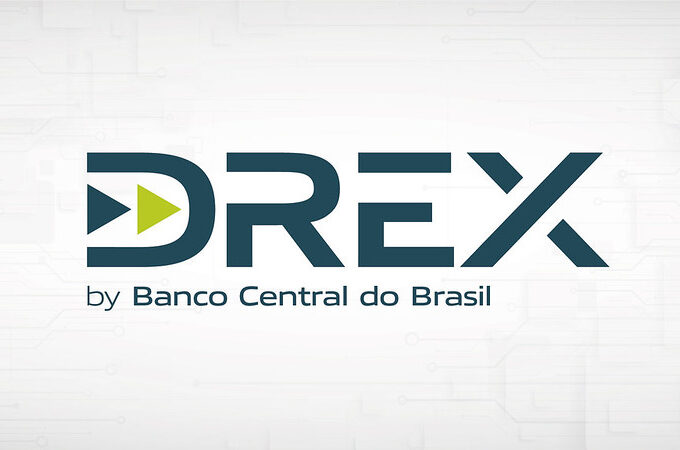
Tokenized US Treasuries: A Booming Market Surpasses $1 Billion
Tokenized U.S. Treasury securities have surged past the $1 billion mark on public blockchains, marking a significant milestone in the intersection of traditional finance and blockchain technology. This development underscores the growing interest from both institutional investors and crypto projects in digitizing traditional financial assets.
According to data compiled by 21.co and Dune Analytics, the total value of tokenized U.S. Treasuries reached $1.07 billion by March 28, distributed across 17 different products. Notably, major financial institutions like Franklin Templeton and BlackRock are leading the charge in tokenizing these securities.
Franklin Templeton’s Franklin OnChain U.S. Government Money Fund (FOBXX) stands out as the top issuer, boasting over $360.1 million in assets and capturing 33.6% of the market share. This fund, represented by the BENJI token and deployed on the Polygon and Stellar blockchains, has been instrumental in driving the adoption of tokenized government securities since its launch in 2021.
Following closely behind is BlackRock’s USD Institutional Digital Liquidity Fund (BUIDL), with $244.8 million worth of assets tokenized, representing 22.8% of the market. The BUIDL token, operating on Ethereum in collaboration with Securitize, aims to provide investors with exposure to U.S. Treasury bills, repurchase agreements, and cash, offering a stable value of $1 per token.
The rapid growth in the tokenization of U.S. Treasuries can be attributed to several factors. Firstly, the prolonged period of elevated interest rates in the United States has made government treasuries more appealing to investors seeking better risk-return profiles. With the Federal Reserve maintaining benchmark interest rates at a 23-year high to combat inflation, investors are turning to tokenized assets for potential gains.
Additionally, the rise of decentralized finance (DeFi) platforms and crypto projects has fueled demand for tokenized Treasuries as backing for their operations. Platforms like Ondo Finance have emerged as major holders of tokenized funds, further driving liquidity in the market.
Tokenization of U.S. Treasuries offers several advantages for investors. By creating digital tokens that represent ownership of these securities, the process enhances liquidity and accessibility, enabling investors with varying capital levels to participate in the market. Moreover, transactions settled on blockchain networks can occur 24/7, providing investors with greater flexibility and efficiency.
The involvement of renowned financial institutions like Franklin Templeton and BlackRock, along with positive sentiments from analysts, highlights the growing legitimacy of public blockchains such as Ethereum in the realm of traditional finance. As more players enter the space and explore the potential of asset tokenization, the market for tokenized U.S. Treasuries is poised for further expansion.





